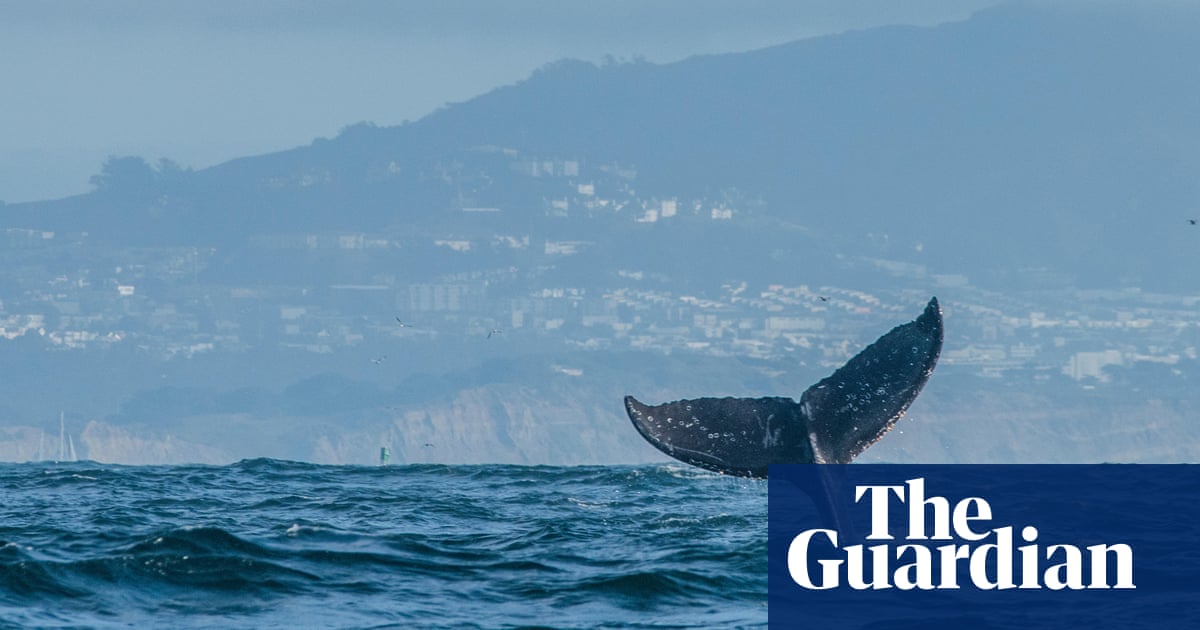In Dan Brown’s thriller Angels and Demons (2000), the protagonist, Robert Langdon, combs the Vatican archives for proof that the astronomer Galileo Galilei was involved with the sinister secret society known as the Illuminati. He is stunned to discover a manuscript containing four cryptic lines of poetry, not in Latin or Italian, but, his companion tells him, “written in English”. “English?” Langdon gasps, disbelievingly (the breathy italics, just two of hundreds of examples in the novel, are both Brown’s). Not only are the lines in English (English? English!), but their author, despite belonging to a clandestine group, has obligingly put his name to them: “The poem is signed John Milton.” Even as Langdon’s mind boggles, it helpfully spells out the relevant facts: “John Milton? The influential English poet who wrote Paradise Lost?… he was still dazed over the document’s spellbinding implications.” Warning – more italics incoming: “John Milton was an Illuminatus.” While the revelation might not quite be as mind-blowing as those to come in Brown’s next novel, to literary buffs the prospect of Milton the Illuminatus might be almost as sacrilegious as the idea of Christ’s fruitful loins at the end of The Da Vinci Code.
It’s arguably too easy – albeit enjoyable – to make fun of Brown’s overblown plotting and prose. What makes this episode worthy of note is that it is just one entertainingly silly instance of Milton’s remarkable tendency to pop up in unexpected places in the centuries since his death, like some kind of poetically visionary, ferociously erudite, fervently anti-monarchical jack-in-the-box. This tendency is the subject of Orlando Reade’s thoughtful, wide-ranging and astute book. In 12 short and elegant chapters, Reade examines a range of contexts in which – and writers for whom – Milton’s great epic poem Paradise Lost has come to matter, both as an object of fascination in its own right, and as a flexible instrument with which to probe and ponder a variety of psychological, social and political predicaments. Each chapter has a chief protagonist, but arrays around them a set of contemporaneous responses to Milton that adds richness and texture to the narrative.

Some of the figures upon whom Reade focuses, and their Miltonic preoccupations, are quite well known, such as Thomas Jefferson, William and Dorothy Wordsworth, and George Eliot. His selection as a whole is, however, deliberately and challengingly eclectic, pushing us to consider the whole gamut of responses that a great writer can inspire. There is a particularly fine and insightful chapter on the use made of Milton by prominent figures in the Haitian revolution, for whom a literary sensibility was “a crucial indicator of the capacity for self-government”: Jean Louis, Baron de Vastey, claimed that it was not the liberated Black Haitians, but rather their former masters, who were “like the infernal spirits” conjured by “the immortal Milton”. Reade also richly explores the counterintuitive acuity with which Malcolm X read Milton’s works while imprisoned. “Malcolm’s ability to interpret was the foundation of his political activism,” Reade argues, and his “rejection of western civilisation was an epic act” in which he both read Paradise Lost against the grain and captured something of Milton’s own internally divided energies.
The readability and economy of Reade’s book is all the more impressive given the sheer amount of information on which his account relies. He explains at the outset that the book will be accessible to “someone who hasn’t read Paradise Lost”, and he achieves this by threading a summary of the poem’s action, enlivened by frequent citation, through the book’s chapters, juggling it with contextual information about the later figures whose engagements with Milton he describes. Inevitably this strategy is not always successful. Some of the summaries could have allowed in more of the texture of Milton’s poem, and a few of the potted biographical portraits have an inescapably Wikipedia-like tone to them (“Born in 1882, Virginia Stephen grew up in the upper-middle-class idyll of Hyde Park Corner, London…”; “Cyril Lionel Robert James was born in Trinidad in 1901”).
after newsletter promotion
Not all of the chapters convincingly show that Paradise Lost mattered to their central figures – this is especially the case with the account of Hannah Arendt, which is insightful on her relationship with her one-time teacher and lover, the philosopher and Nazi Martin Heidegger, but light on actual Miltonic engagements. Overall, however, Reade is to be applauded for a remarkable feat of distillation and elucidation as he ranges adroitly across historical time and geographical space in search of Paradise Lost’s afterlives, sprinkling his calm and precise prose with an occasional sparkle of impishly absurd simile (in the space of two pages, Satan and Beelzebub on the fiery lake “hold their heads above the surface of the water, like two lizards in a Jacuzzi”; God heaps endless suffering on Satan “like a tourist at a bottomless buffet”, and Satan contemplates his minions’ prospects in hell “like a tech chief executive contemplating child labourers in a mineral mine”.
The finest and most difficult balance that Reade successfully strikes is between lauding Milton as a rich resource for those in search of inspiration and of freedom, and recognising the abhorrent characteristics of his imagination that have made him amenable to his more repulsive interpreters: these include Milton-worshipping white supremacist participants in the Mardi Gras festivities in New Orleans and in more recent times, as Reade startlingly explains, the attraction to Milton’s works expressed by the psychologist Jordan Peterson, guru of online “incels” and misogynists. These disturbing interpreters are not just wrong-headed, Reade shows; they are responding to off-putting tendencies in Milton’s own mind, which veered between assertions of human equality and the insistence that some groups – perhaps the English, or Protestants, or just Milton himself – were superior.
Reade movingly frames his account with reminiscences of his experiences teaching Paradise Lost to incarcerated students in New Jersey during his graduate student years, and recognises that Milton can be viewed both as a symbol for the individual lives crushed by the modern prison industrial complex, and as a symbol for the forces doing the crushing. As a response to such a complex and equivocal historical figure neither hagiography nor iconoclasm seems quite adequate, and Reade’s excellent book strikes a difficult and deft balance between the two.
-
What in Me Is Dark: The Revolutionary Life of Paradise Lost by Orlando Reade is published by Jonathan Cape (£22). To support the Guardian and Observer order your copy at guardianbookshop.com. Delivery charges may apply

 1 month ago
38
1 month ago
38













































